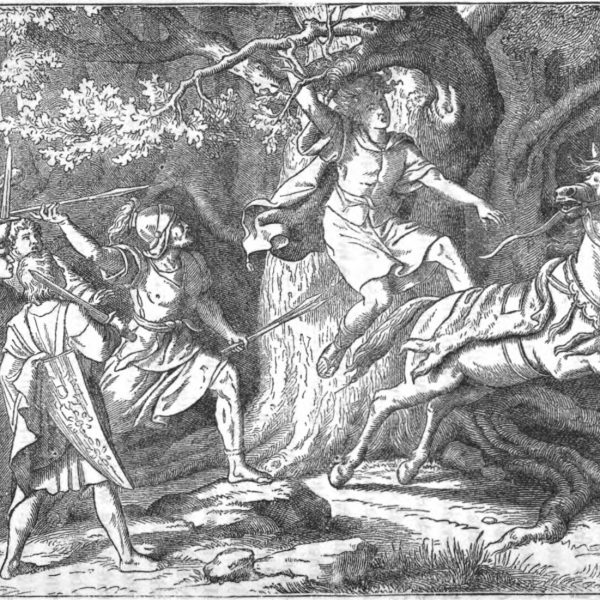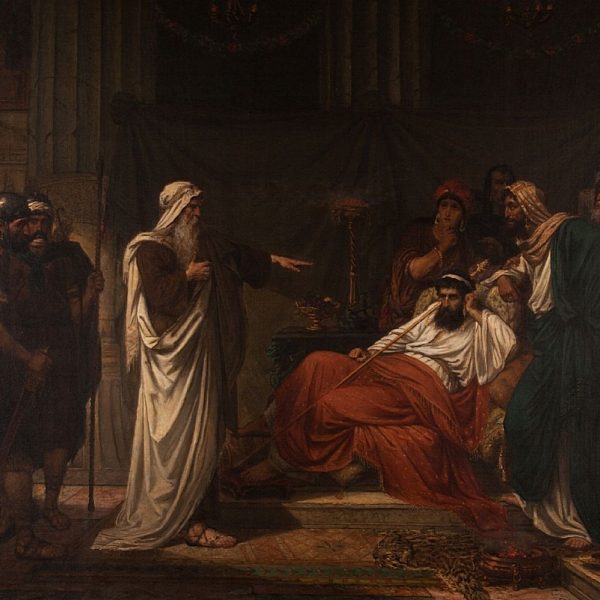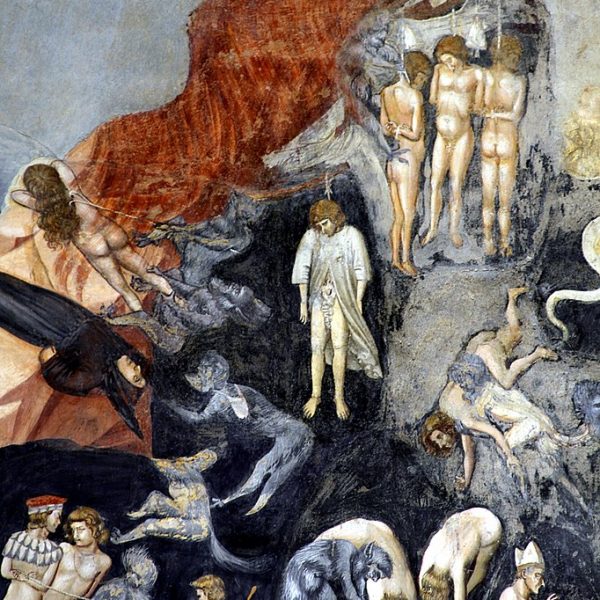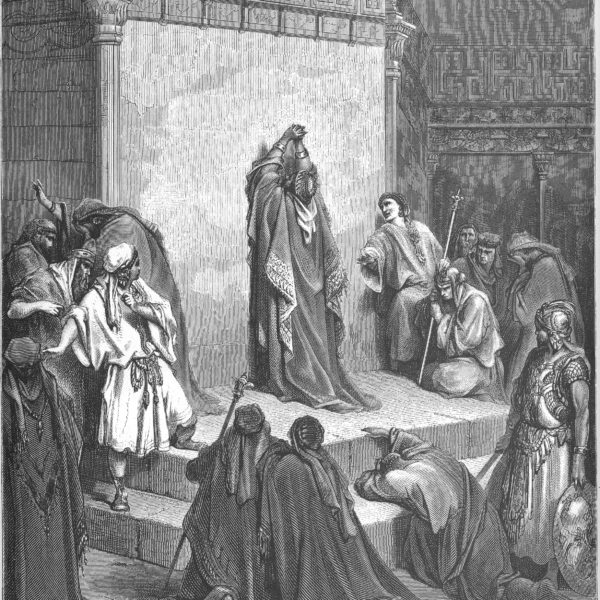
The familiarity of the 23rd Psalm can blind us to the striking political dimensions of its message: YHWH is the shepherd of the king, protecting him from enemies and granting his kingdom prosperity. Close reflection upon this psalm may also suggest some significant applications within the contemporary world.

Victories can be devastating when they come at bitter cost. Yet both our losses and our costly victories are put into a new perspective when we take refuge in and receive the bread of God.

The familiarity of the 23rd Psalm can blind us to the striking political dimensions of its message: YHWH is the shepherd of the king, protecting him from enemies and granting his kingdom prosperity. Close reflection upon this psalm may also suggest some significant applications within the contemporary world.
Ideological State Apparatuses, a phrase made famous by Louis Althusser, function in society to keep the bourgeoisie culture dominate. This is done through institutional establishments, such as the church, family, etc. In the US, the American Dream has been a dominant ideology that gives hope to the unprivileged that they too have a chance to thrive in a higher economic status. Unfortunately, this myth rarely comes to fruition for the lower class or the immigrant because achieving upward social mobility is nearly impossible. The American Dream thus represents a master-signifier. Something present in our culture that one must believe to be a welcomed person in society. This week’s lectionary readings could be related to the ISA that penetrate societies. From the Hebrew Scriptures passage it speaks of the beginning of David’s career as King surrounded by a religious ISA. In the Christian Scripture, Jesus speaks a parable of how everything shall eventually become God’s Kingdom. These Scriptures are both politically driven, one speaking of an earthly kingdom ruled by a king chosen by God, and the other concerning the Kingdom of God.




